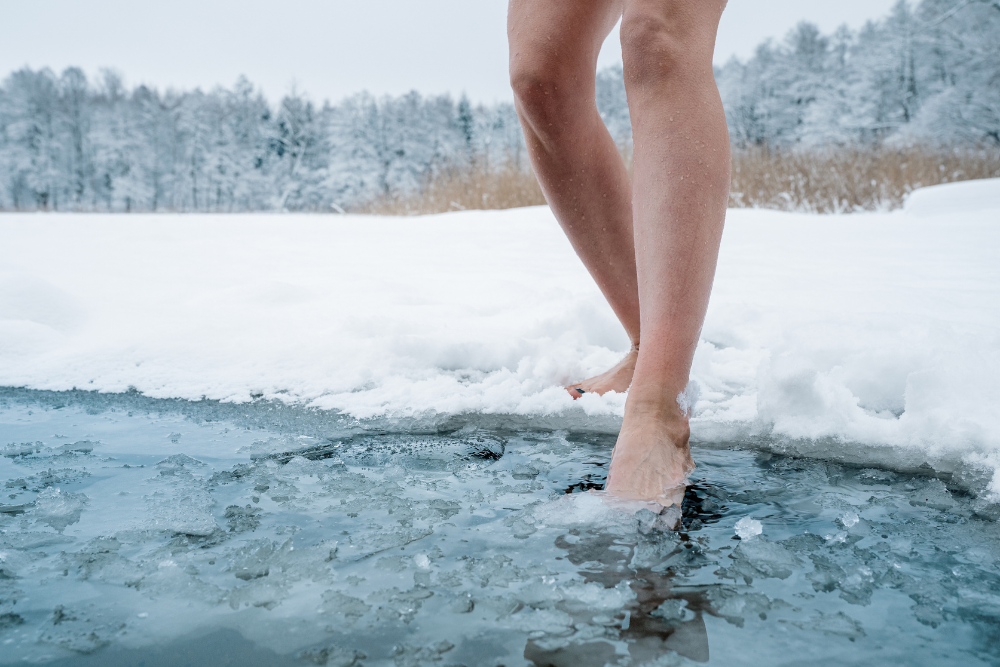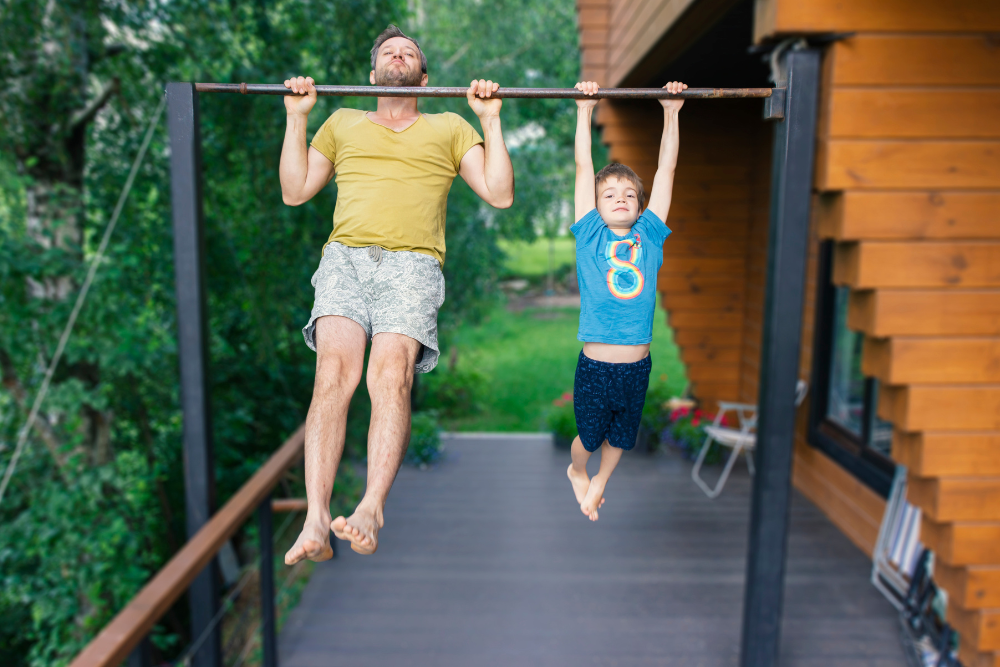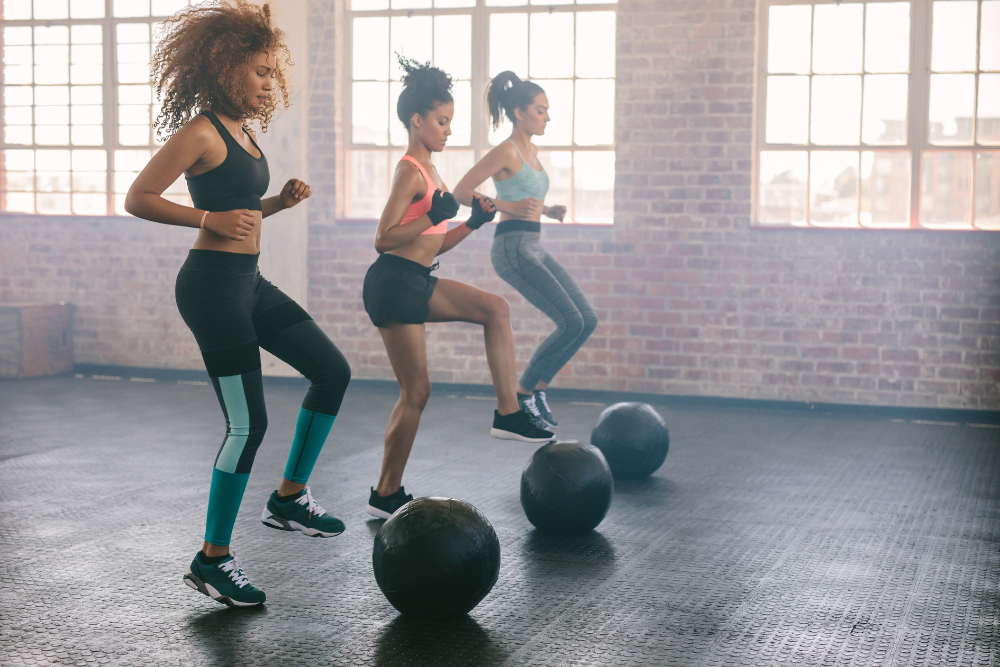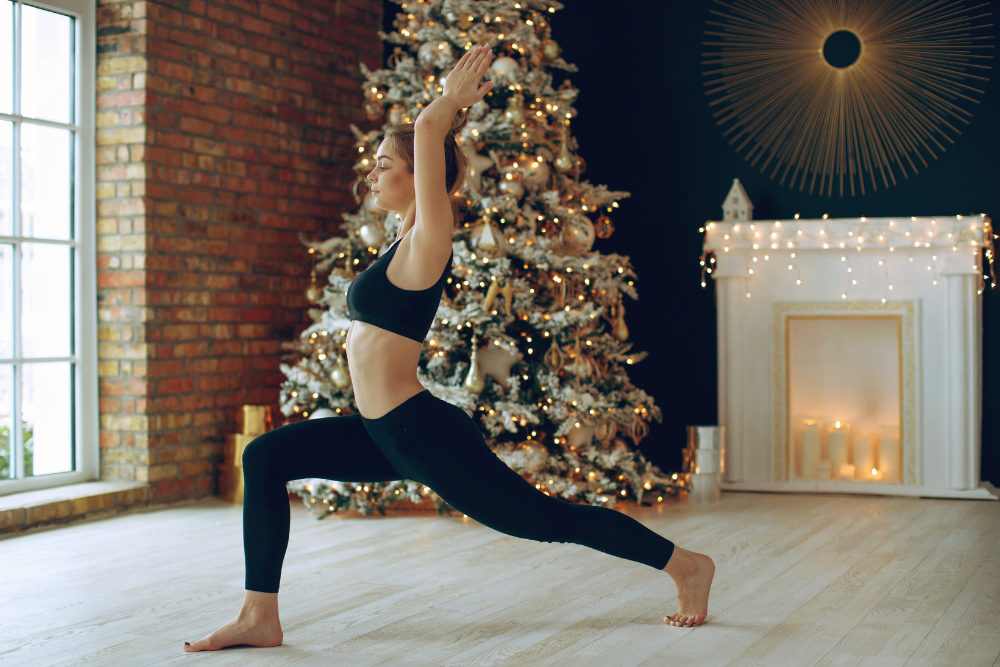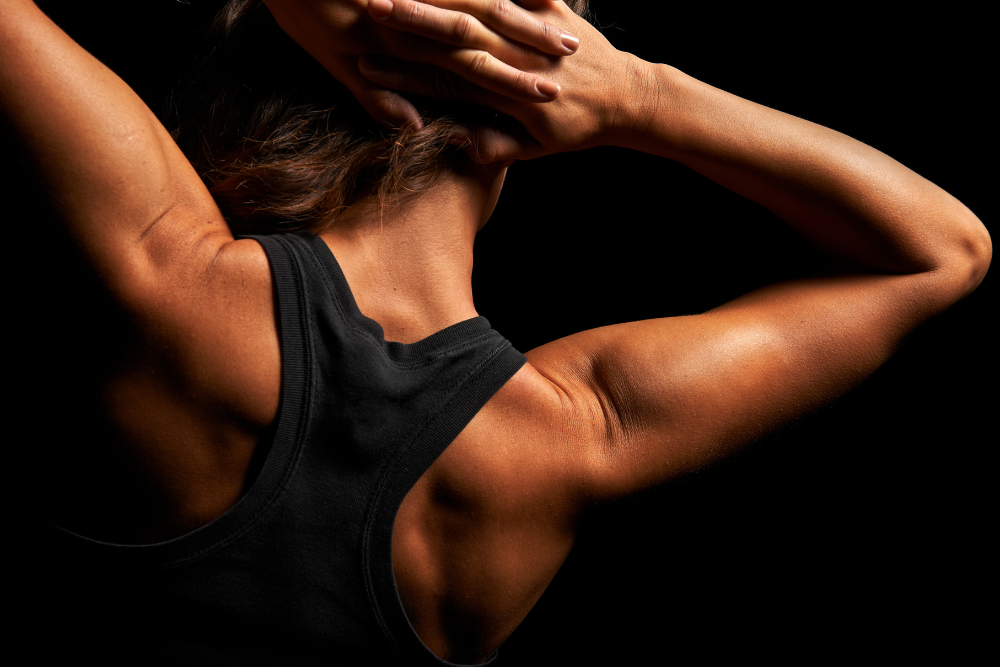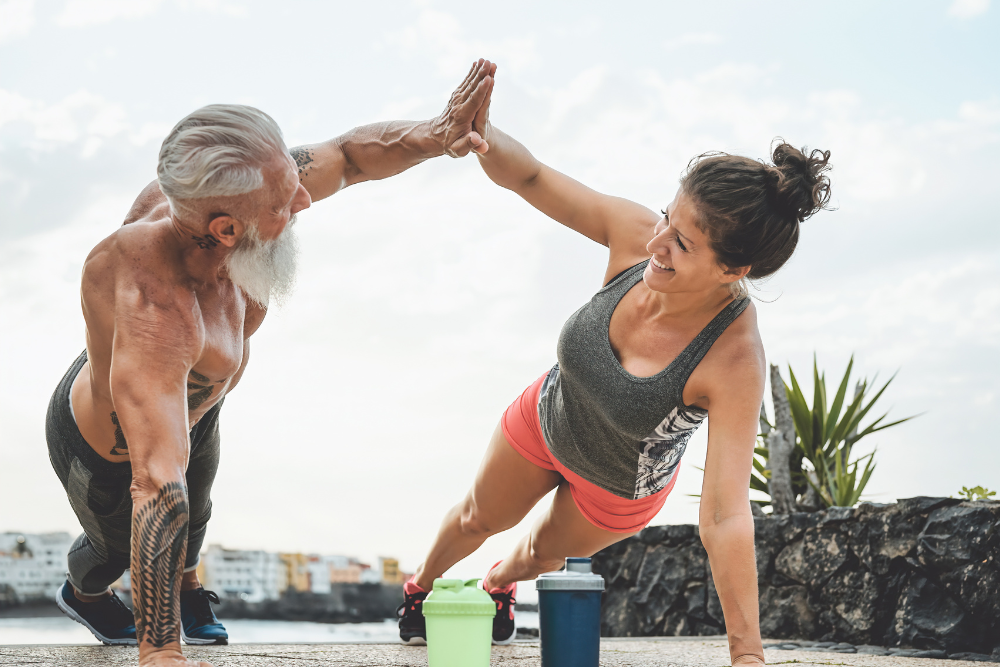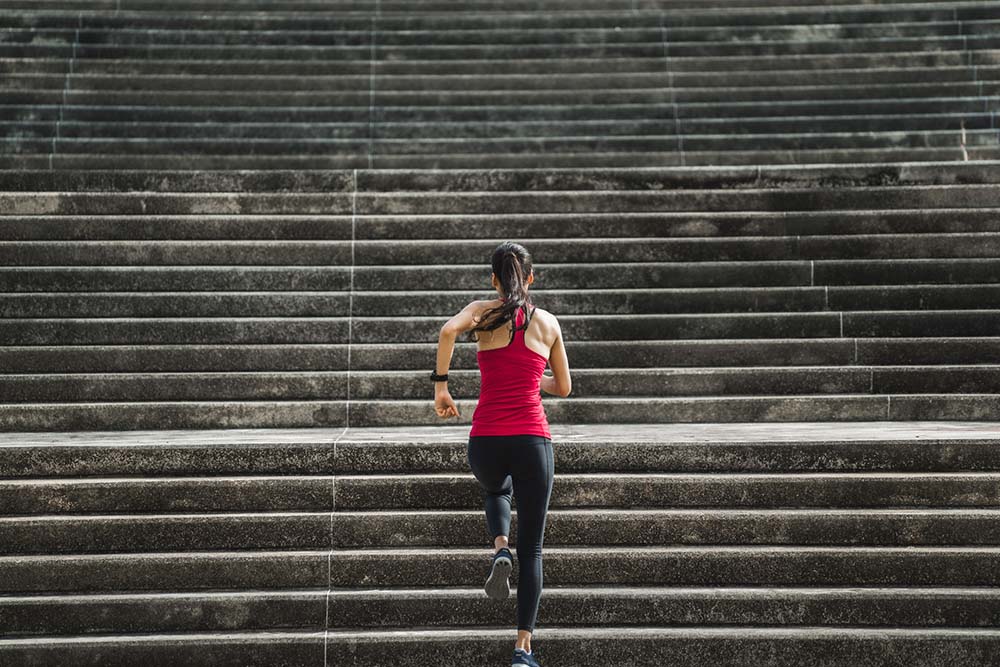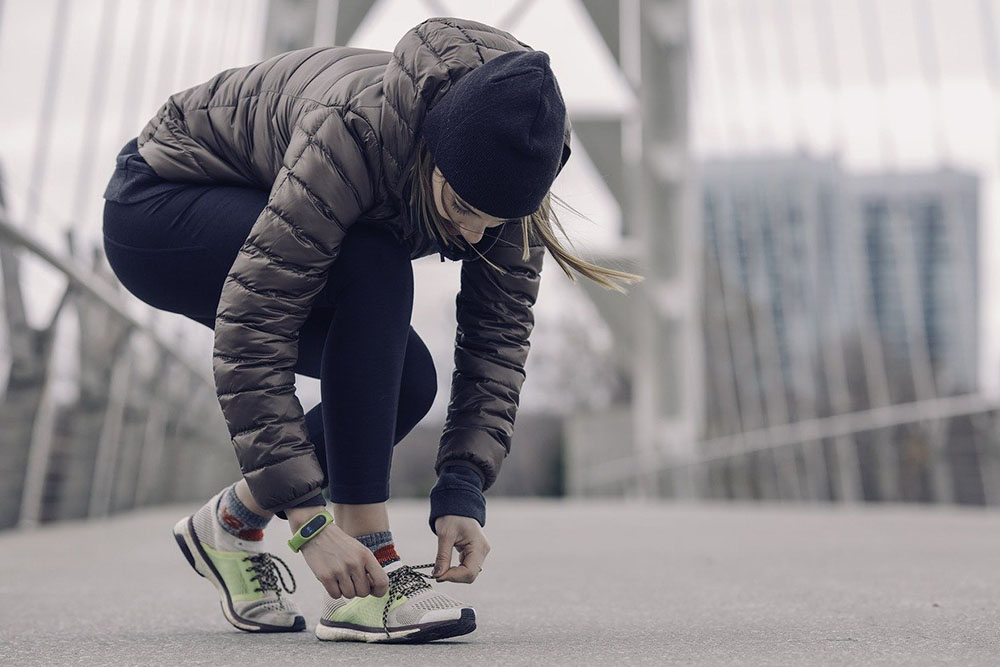Sleep Well: Effects on Aging Athletes and Sleep

Hadley Seward – certified sleep consultant and certified health coach
Studies show that aging has a tangible effect on the body’s ability to perform, including a gradual loss of muscle mass, a decline in flexibility and balance, and less efficient use of oxygen.[1][2] Recovery time between also becomes increasingly longer. A decline in performance isn’t inevitable, but older athletes (50+) must actively compensate for these changes.
Part of the normal aging process is a shift in the body’s circadian rhythm, called advanced phase syndrome. Put simply, older adults often become tired earlier in the evening and awake earlier in the morning. They also typically take longer to fall asleep at bedtime, spend less time throughout the night in a deep sleep, and overall experience more fragmented sleep.
Despite this shift in schedule, older adults still need approximately the same amount of sleep as their younger counterparts–but they may need it at different times. For example, people who are used to sleeping from 11pm – 7am may find that sleeping from 10pm – 6am or 9pm – 5am results in feeling more rested. Without modifying the sleep schedule to correspond with the body’s new rhythm, it’s easy to become sleep-deprived.
Sleep and Aging
What does this mean for older athletes? At any age, long-term fatigue can lead to poor athletic performance, slower recovery time and the potential for injury. For 50+ athletes, inadequate sleep will severely hinder performance and progress as the body will take even longer to recover between workouts.
The good news is that the body’s natural tendency to wake earlier can be a boon for older athletes. If you’re waking up at 5 or 6am, why not work out? It’s often easier to remain consistent with an early morning training schedule. Exercise in the morning hours can also improve sleep at night: one 1998 study shows that participants who worked out at 7am were able to fall asleep more quickly that night compared to participants who were active later in the day. [3] And, according to some trainers, morning workouts can be especially beneficial for older athletes because it’s when their strength is at its low point which in turn decreases the potential for an overtraining injury.
Can’t use your early morning hours to workout? No problem. Schedule the training for when you feel best but not too close to bedtime, as it will hinder your ability to fall asleep.
Sleep Tips
Using sleep as one of your recovery tools also means listening closely to your body. Pay attention not only to physical signs of fatigue (e.g., muscle soreness) but also mental signs (e.g., moodiness). If you find yourself nodding off in the middle of the afternoon, then you’re not getting enough sleep. If you find it very difficult to wake up when your morning alarm clock rings, then you probably need an earlier bedtime. And if you wake up feeling great without an alarm, then you’ve likely nailed your sleep schedule! Overall, respect what your body is telling you and adjust your sleep accordingly.
As we age, it’s important to keep moving. But it’s equally necessary that we actively recover from physical activity, especially high-intensity workouts. Adjust your sleep schedule, listen to your body, and allow it to perform at its best.
Research cited:
[1] Kirkendall, DT et all. “The effects of aging and training on skeletal muscle.” American Journal of Sports Medicine (1998) 26(4).
[2] Shepard, RJ. Aging and Exercise. Encyclopedia of Sports Medicine and Science, T.D.Fahey (Editor). 7 March 1998.
[3] Fairbrother, K. “Effects of exercise timing on sleep architecture and nocturnal blood pressure in prehypertensives.” Journal of Vascular Health and Risk Management (2014) 10.
You Might Like:


